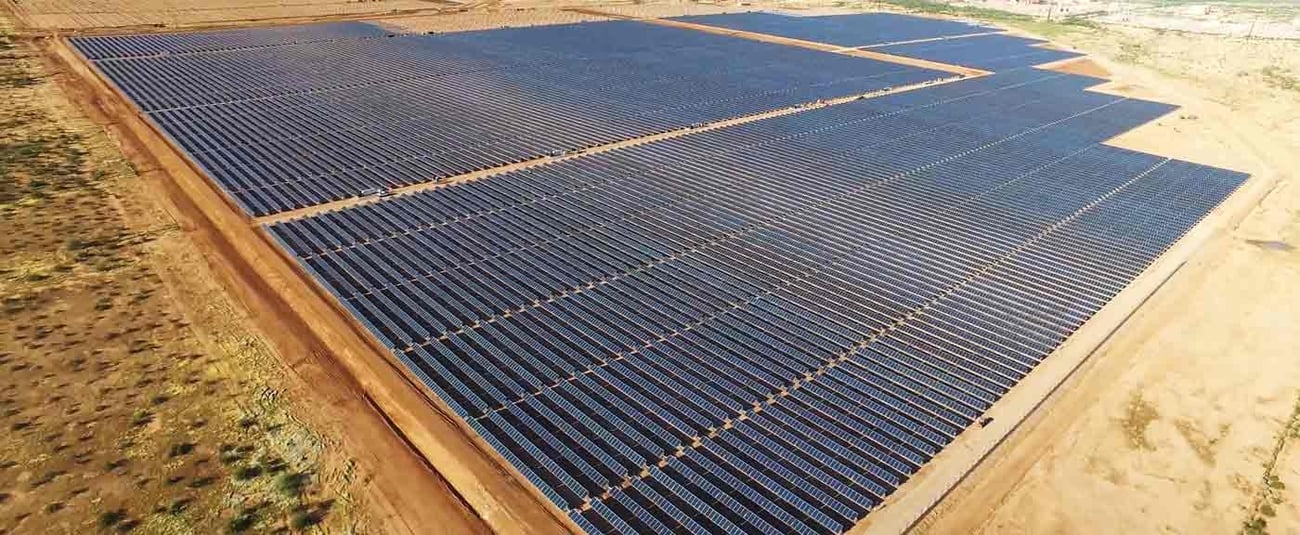The African Development Bank Group’s Board of Directors has approved a $7.88 million grant from the Sustainable Energy Fund for Africa (SEFA) for the Africa Energy Transition Catalyst Programme, which aims to increase renewable energy generation across the continent.
The Africa Energy Transition Catalyst Programme or AETC, consolidates the Bank’s support for the acceleration of a Just Energy transition (JET) for Africa, defined as a low-carbon transition that is fair, inclusive, creates decent work opportunities and leaves no one behind.
The programme works at national and regional levels, by facilitating the large-scale integration of renewable energy generation, thus increasing its share of the energy mix. AETC consolidates six identified energy transition projects that will be implemented in two phases.
The AETC programme sets out to accomplish multiple objectives. These include conducting a Regional Market Study to facilitate the export of renewable energy from Botswana and Namibia as part of the 2-5 GW Mega Solar initiative. Additionally, it aims to advance the ZiZaBoNa regional transmission interconnector development by updating feasibility and ESIA studies while providing project structuring advisory support. The Mega Solar initiative is Southern Africa’s largest solar power programme and the first of its kind on the continent.
The first phase of the Mega Solar initiative centres on the competitive procurement of 300-500 megawatts of solar power in Namibia and Botswana. Once regional transmission lines are constructed, this will catalyse the procurement of additional generation that can supply low-cost renewable energy to neighbouring countries.
The Mega Solar initiative is a commitment to large-scale solar development collaboration between Power Africa, the governments of Botswana and Namibia, the African Development Bank, the African Union Development Agency (AUDA-NEPAD), the International Bank for Reconstruction and Development, and the International Finance Corporation
The AETC includes collaboration with the African Energy Commission to develop a continental Energy Transition Framework and Roadmap. The programme will also play a pivotal role in supporting the implementation of Tunisia’s JET Strategy (2035), through financing feasibility studies for an offshore wind site (250-500 MW) with integrated energy storage. Two coastal zones in front of Cap Bon and in centre-east of Tunisia have been identified as potential sites.
AETC will support Senegal in its just energy transition through the development of a just energy transition investment plan, accompanied by essential preparatory studies and capacity-building efforts. Plans for this support are still under discussion.
African Development Bank Director for Renewable Energy and Energy Efficiency, Dr. Daniel Schroth, commented: “The AETC provides critical upstream support on energy transition in terms of planning and project preparation with a view of mobilising the required downstream investments. AETC further underscores the Sustainable Energy Fund for Africa’s role as Africa’s leading energy transition facility.”
Source: African Development Bank






